(By Rabbi Yair Hoffman for the Five Towns Jewish Times)
It was a Tefillah that was recited throughout Eretz Yisroel. It was said by the Amoraim. It was recited by the Gaonim. It was also said by the Rishonim. And it is also recommended by the Mishna Brurah (295:7). [The Mishna Brurah’s version, however, is that of the original Yerushalmi. See below.]
Yet, somehow, this short Tefilah for a good impending week, has become forgotten. The words of the prayer that are found in the old siddurim are quite simple:
אלקינו ואלקי אבותינו חדש עלינו את ששת ימי המעשה הבאים לקראתינו לשלום
It translates to: Our G-d and G-d of our fathers, renew the forthcoming six days of creation that are forthcoming – for peace.
This is the form that is found in the Siddurim. It is brought down in the Seder Rav Amram Gaon, the Machzor Vitri (Siman 150 and Siman 200) Rashi’s Siddur (Siman 523) the Rokeach’s Siddur and in the Tur 299.
However, in our actual Yerushalmi (Brachos 5:2) the text is slightly different. It uses the word “hachel” rather than “chadaish.” The origin, the Yerushalmi relates, is from Rav Chiya Bar Ashi. Rabbi Abba added the words, vahashmi’ainu bahem sasson v’simcha – and let us hear in them happiness and joy.
The Mishna Brurah also has a different beginning. Instead of Elokain v’elokai avosainu – he uses the words, “Ribono shel Olam – Master of the World.”
Thus, the Mishna Brurah’s version is found below.
רבונו של עולם החל עלינו את ששת ימי המעשה הבאים לקראתינו לשלום
The words of the Chofetz Chaim – when he discusses it are: “It is worthy to be careful to recite it.”
The author can be reached at [email protected]


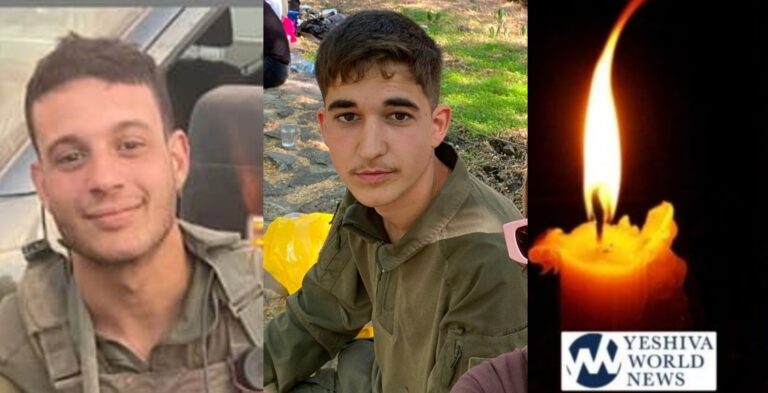

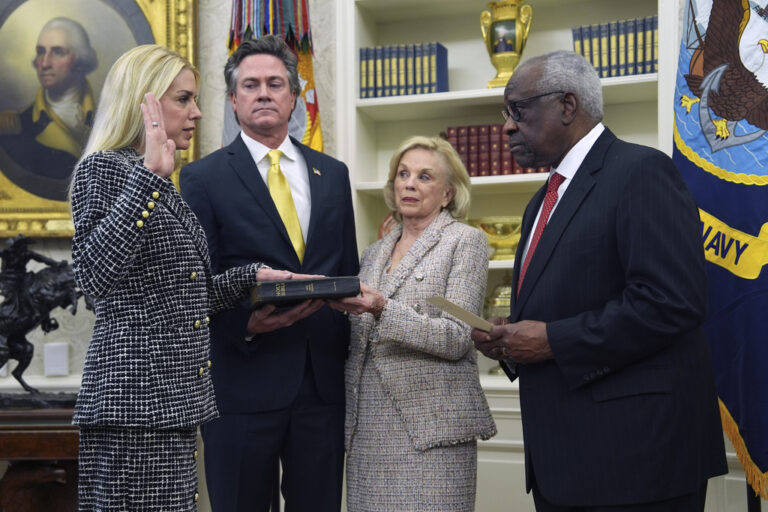

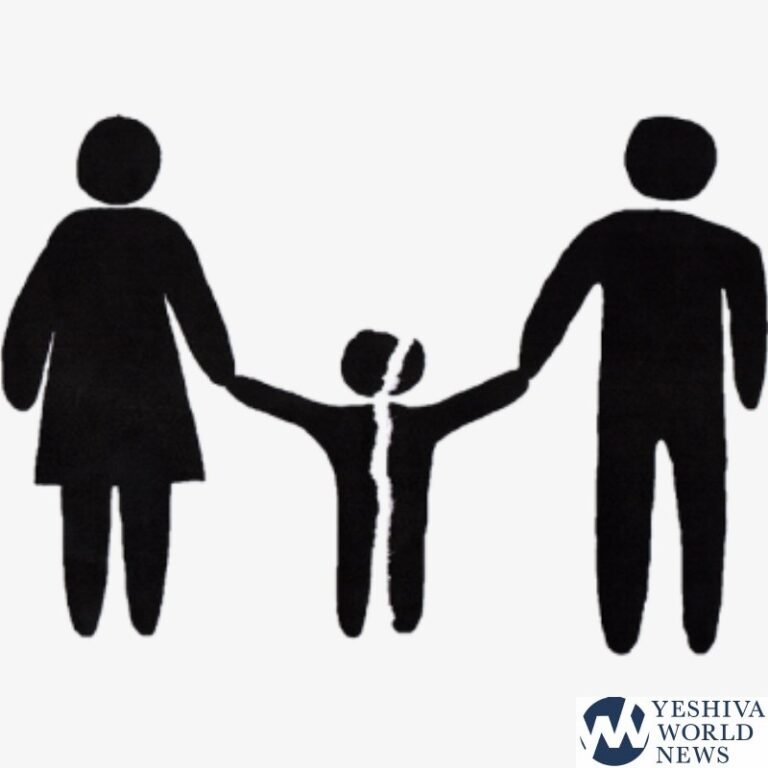
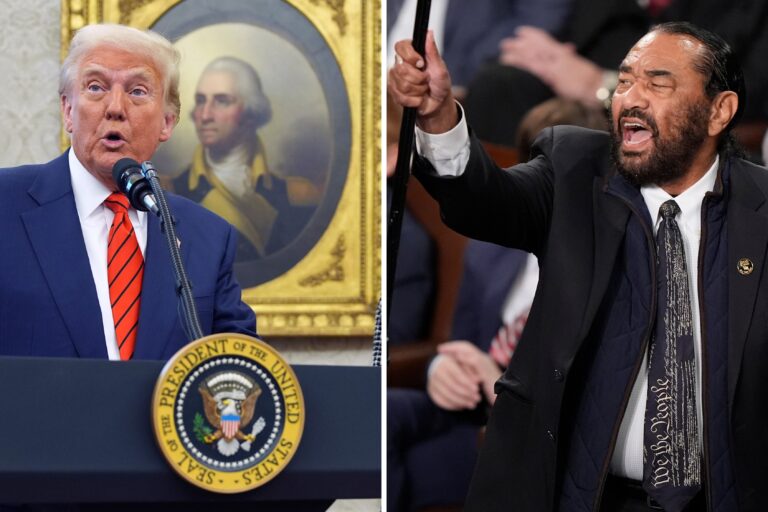

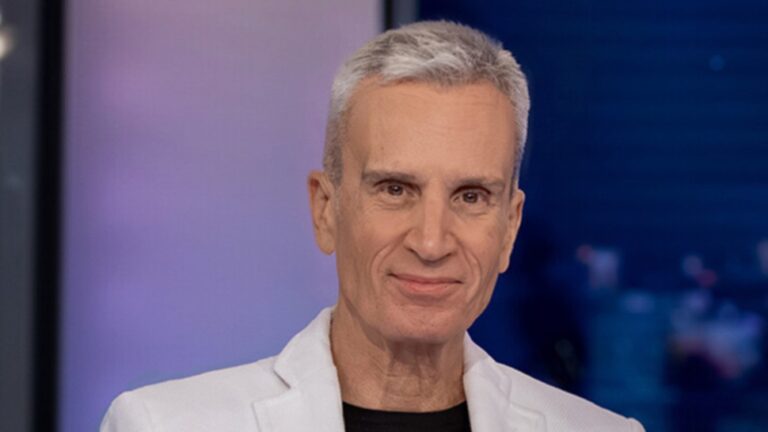


One Response
In Shemoneh Esreih on motzaei Shabbos (in the bracha of chonen hadaas, where we make havdalah) we say אבינו מלכנו החל עלינו הימים הבאים לקראתנו לשלום – that seems to be basically the same thing that the author here is talking about. So why make it sound as if it has been lost then, when we actually do say it?
Sorry, but I don’t get it.